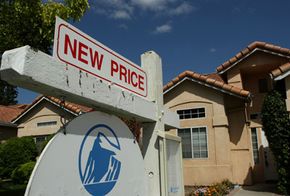You may have heard there's still money in real estate. It sounds interesting, but all the same, you're a bit confused by the ins and outs of the market. What are REITs? What's the minimum down payment for a house so I don't have to pay PMI? And you know there are scams out there. Is there a way to learn more, mingle with some like-minded people, perhaps find a more seasoned investor to mentor you? Absolutely. Just find a real estate investment club.
You might be familiar with the stock investment club model, in which members pool their money to buy stocks and bonds. In a real estate investment club, you don't typically collaborate on investments. Instead, members come together to:
Advertisement
- network
- gain knowledge about investment practices
- get hot tips about available commercial or rental properties
- become familiar with laws and regulations
- understand market trends and how to profit from them
- trade information about vendors for property improvements and services
- get the advice of legal and financial professionals
- learn from guest speakers
- find a supportive group of like-minded individuals with common goals
Of course, you've seen countless ads for books and seminars promising to tell you how to make millions now in real estate. Some clubs are little more than thinly veiled plugs for these services. They're set up by an investor who hopes to profit by selling services or investment strategies. Now, this seminar may indeed have something to teach you. But is it what you want to learn?
This article will not teach you how to make millions now, but it will tell you what you can expect from a real estate investment club, how to find the one that's right for you and when it might be a better option to start your own.
Advertisement


